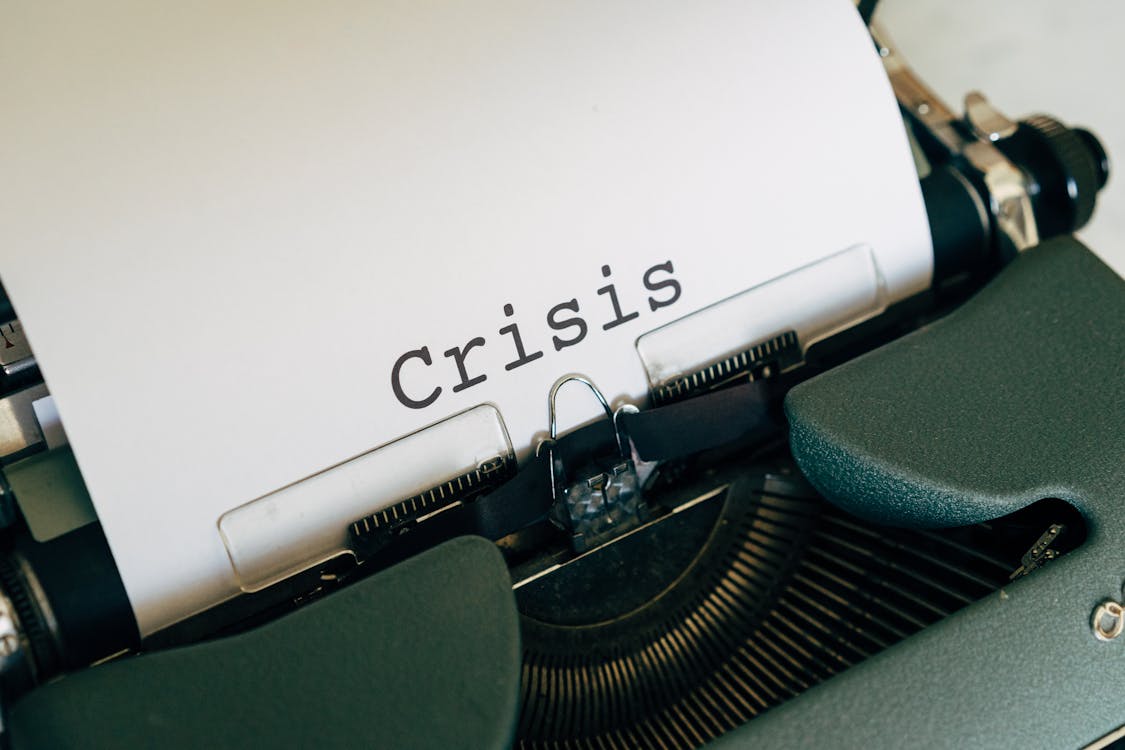
It shouldn’t take a crisis to force action, but many leaders operate this way. As a result, many companies are always in a reactive mode and waiting for external or internal stimuli to prompt action. Unfortunately, this type of mindset tends to lead to increased time pressures and higher margin for error. Life and business tend to reward those who take proactive control of their future and penalize others who yield too much control over other factors. The sooner you take positive action the higher the likelihood you will navigate whatever storms come your way or even prevent the storms from happening in the first place.
The signs of a crisis brewing usually appear way before it happens. Most of us just aren’t paying enough attention or worse, are avoiding reality. With rare exception, there is no reasonable excuse for a leader being caught off guard by events critical to the successful operation of their business. Macroeconomic and microeconomic information is readily available and discernible. Technology tools have made it much easier to stay connected to your customers, vendors, and employees. Moreover, industry peer groups and trade publications abound and usually are a reliable source of pertinent industry and market information. Most of our business ignorance is self-imposed.
If it goes on too long or is a common occurrence, being in crisis management mode wears people out. You can only operate “on edge” for so long. Tired and stressed people make subpar decisions. Employee morale suffers. Institutional cracks begin to emerge, and your vulnerabilities become painfully apparent. Leaders also tend to become more tactical and less strategic, which creates increased opportunities for their competition. On the contrary, leaders who rarely get caught off guard and make proactive decisions, create an environment of confidence and competence that permeates the work environment and enables high performance.
Leaders who rely on or wait for crises to affect action lose credibility and miss opportunities to effectively strengthen their organization.
Related articles
- In A Crisis, Be The Lighthouse (www.capacity-building.com)
- People Are Complex – Especially In A Crisis (www.capacity-building.com)
- Leaders Manage Crises (gregorypratt.net)
- Is Your Leadership Showing? (tonyalvarez.wordpress.com)
- Management Tip ~ Let Employees Tell Their Own Stories about Change (cperky.wordpress.com)
- Engagement, Emotion and Change Management (limbiczen.wordpress.com)
- Leadership and Influence (claudetoland.com)
- Is Your Firm Prepared for a Crisis? (cpanow.picpa.org)

